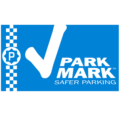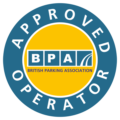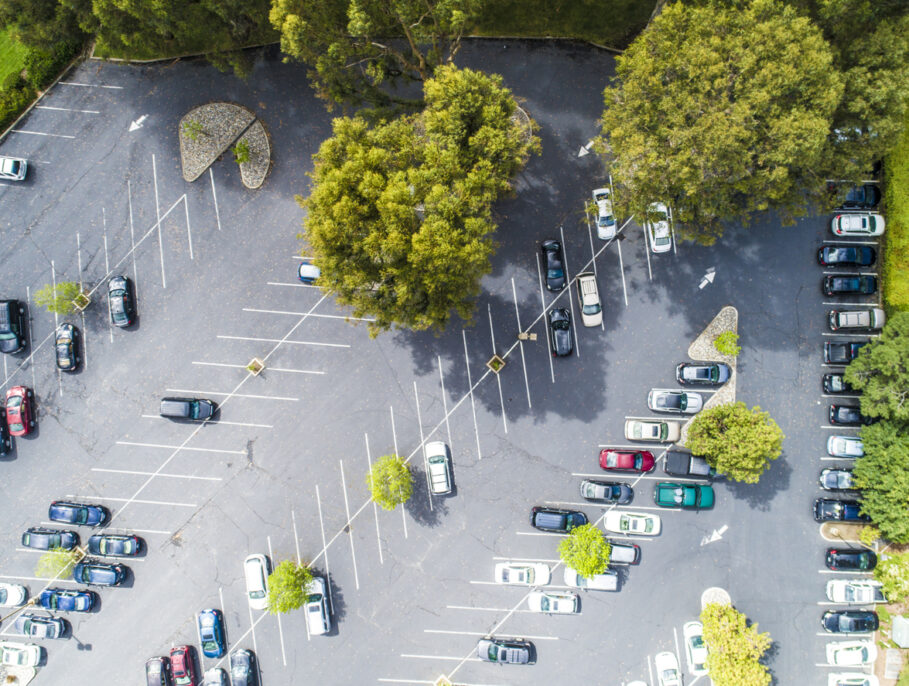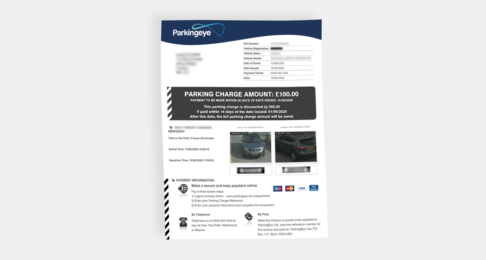Fair, ethical enforcement
We understand at Parkingeye that nobody likes to receive a Parking Charge. We work with our industry bodies, the British Parking Association and POPLA to ensure Parkingeye does everything it can to be a fair and ethical provider of car park management services.
Prior to issuing any Parking Charge, we conduct a 21-step audit which gives us a 82% ‘upheld’ rate at the Independent Appeals Service’s (POPLA) giving us the best record of the major operators.
If you want to find out more about your options regarding your Parking Charge please visit our Knowledge Hub.








Motorist FAQ's
-
What will happen if I ignore the Parking Charge?
If the Parking Charge is ignored and no payment is received, then further action could be taken which may include a referral to a Credit Reference Agency, the instruction of solicitors to secure immediate payment, a referral to debt recovery, or the issuance of court proceedings, all of which will incur further costs.
If you wish to appeal a Parking Charge, we recommend you lodge an appeal as soon as you receive the Parking Charge. -
Does Parkingeye have a fair appeals process?
Parkingeye has gained a vast amount of experience over many years of handling parking related appeals and the Parkingeye team lead the industry in this regard. Each appeal is individually assessed by a trained appeals assessor, who will review not only the site rules, but will apply a common sense approach.
-
I am a blue badge holder, surely my vehicle is exempt from private parking rules?
The Department for Transport's Blue Badge scheme for the disabled driver allows for blue badge holders to park in certain restricted areas for up to three hours (areas and times may vary depending upon the local authority). This concession applies to the public highway only and is not relevant on private land.
In this regard, whilst some landlords provide preferential parking for blue badge holders, this is generally subject to the same terms and conditions found elsewhere in the car park, including any tariff payments that apply to users of the car park and/or any maximum stay period.
To avoid confusion, you should always check the terms and conditions displayed on the signage on site. -
Are Parking Charges enforceable in Scotland?
In the recent Scottish court case of Vehicles Control Services v Mackie [2017] A7/15 the Sheriff found the Defender, as the driver of the vehicle, to be in breach of contract and liable for the agreed sum of £24,500. The Defender, who had received multiple Parking Charges, disputed the claim on the basis that they believed Parking Charges to be illegal and unenforceable in Scotland. It was established that the Defender had ignored all of the Parking Charges received out of principle.
It should be noted that the Sheriff considered the Supreme Court’s Judgment in Parkingeye v Beavis [2015] UKSC 67 and commented that:
“The charges are nothing more than a legitimate mechanism to create a potential revenue stream to meet costs that would otherwise be borne by the proprietors themselves and without which those services were unlikely to be viable. The Supreme Court touched on this in the “Parkingeye” case (Parkingeye Limited (Respondent) v Beavis (Appellant) UKSC 2015/0116 ) where Lords Neuberger and Sumption referred to the objectives of owners protecting parking amenity and funding it through user charges thus: “These two objectives appear to us to be perfectly reasonable in themselves”. I respectfully agree.” -
How was a contract formed with the driver?
The Parking Charges issued are levied on the basis of a contract with the motorist, which is set out via the signage at the site. The signage sets out the terms and conditions under which a motorist is authorised to park, be that by payment of the appropriate paid parking tariff or by parking within a limited stay period or similar, and that a Parking Charge will be payable if the conditions are not met.
We ensure signage is ample, clear, visible and in line with the BPA (British Parking Association) Code of Practice, so as to ensure that the motorist is bound by the terms and conditions when they enter and remain at a site. All users of the site are obliged to follow these rules. -
I wasn’t the driver, therefore I will not be paying the Parking Charge. What will happen?
Pursuant to Paragraph 9(2)(b) of Schedule 4 of the Protection of Freedoms Act 2012:
The operator must inform the registered keeper that the driver of the vehicle is required to pay the Parking Charge in full. In addition, as the operator does not know who was driving the vehicle on the date of the parking event, the Act states that the registered keeper, if they were not the driver at the time, should inform the operator of the name and current postal address of the driver and pass the Parking Charge to them. The Act then goes on to state that if the Parking Charge has not been paid in full after 29 days, and the operator has not been provided with both the name and current address of the driver, then they have the right to recover any unpaid part of the parking charge from the registered keeper.
This warning is given under Paragraph 9(2)(f) of Schedule 4 and is subject to the operator complying with the applicable conditions under Schedule 4 of that Act.
Please note: The Protection of Freedoms Act 2012 is only applicable to Parking Charges issued in England & Wales. -
Is the Parking Charge fair and reasonable?
In terms of the amount of the Parking Charge, the Supreme Court judgment, along with the British Parking Association Code of Practice at paragraph 19.5, supports the level of Charge issued by Parkingeye. Within this judgment, Lord Neuberger and Lord Sumption note that,
“The charge is less than the maximum above which members of the BPA must justify their charges under their code of practice” and Lord Hodge finds that, “…local authority practice, the BPA guidance, and also the evidence that it is common practice in the United Kingdom to allow motorists to stay for two hours in such private car parks and then to impose a charge of £85, support the view that such a charge was not manifestly excessive […] the fact that motorists entering the car park were given ample warning of both the time limit of their licence and the amount of the charge also supports the view that the parking charge was not unconscionable.” -
Does Parkingeye have the authority to issue Parking Charges?
Parkingeye is authorised by our clients to install signage setting out the terms and conditions of parking, issue Parking Charges for a breach of those terms and conditions, and to recover and retain these Parking Charges.
Please note that Parkingeye is presented as the contracting party on the signage and the creditor within any correspondence sent to motorists.
Stay Updated
Why are parking charges necessary?
When it comes to parking, without order, there is chaos. In an ideal world, everybody follows the rules established for...
Read moreUnderstanding your parking charge letter and how to pay Parkingeye
Receiving a parking charge in the post can be frustrating – after all, nobody likes being told they’ve broken a...
Read moreMyth-busting: Are Parking Charges Legally Enforceable?
Not knowing exactly where you stand when it comes to a Parking Charge can lead to major problems. We’re going...
Read more


